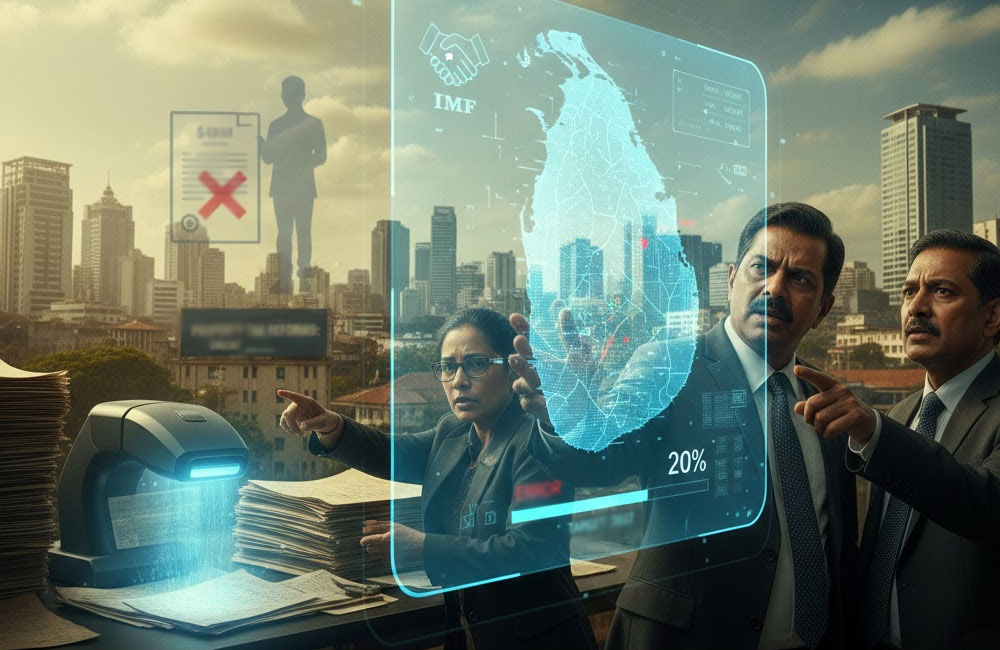Sri Lanka’s push to introduce a comprehensive property tax by 2027 faces significant uncertainty as the government struggles to build the digital land-ownership infrastructure required under the IMF Extended Fund Facility.
The initiativeintended to modernise property valuation, improve tax administration and widen the fiscal basehas become entangled in administrative delays and political baggage linked to the National People's Power (NPP) government’s past resistance to similar reforms.
Treasury Secretary Dr. Harshana Suriyapperuma recently emphasised that the foundation of the forthcoming property tax must be a fully digitised property database.
The system is expected to capture detailed information including property valuations, ownership structures, types, distribution and other key descriptors essential for reliable taxation. “We need a database that gives the administration reliable information,” he said at a public forum.
While stressing the importance of the property tax, Dr. Suriyapperuma noted that the government would initially focus on broadening the current fiscal base through other revenue channels. Taxes on imported motor vehicles remain a major state income source, while SMEs are supported through nearly Rs. 80 billion in budgetary financing facilities aimed at strengthening their profitability and ultimately their tax contribution.
However, experts argue that Sri Lanka is already behind schedule. A study by Verité Research and Prof. Mick Moore highlighted that more than two years have passed since the IMF agreement obligated Sri Lanka to introduce a property tax. Although the Valuation Department is digitising its records and building a Sales Price and Rents Register, progress remains slow, leaving serious doubts about the timeline.
Prof. Moore warned that the current manual valuation process dependent on site inspections—is inefficient, expensive and highly vulnerable to manipulation. He urged the adoption of widely used digital technologies capable of generating mass, fair and low-cost property valuations.
The broader issue, analysts point out, is not only technical. Political resistance to external funding and digitisation in the past including the NPP’s strong opposition to the Millennium Challenge Corporation (MCC) land component while in opposition cost Sri Lanka a US$480 million grant that would have funded precisely this type of land-administration modernisation. The same digitisation work now must be funded domestically under tighter fiscal constraints.
With IMF deadlines approaching, Sri Lanka risks repeating history: rejecting internationally funded modernisation when offered, then being forced to implement the same reforms later under economic stress. Unless the government accelerates the digital land-data programme, the country may face delays in introducing the property tax—along with the continued loss of revenue urgently required for economic recovery

Leave your comments
Login to post a comment
Post comment as a guest